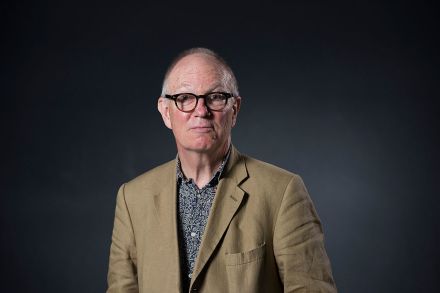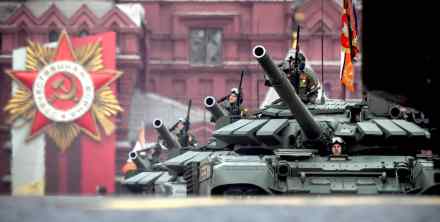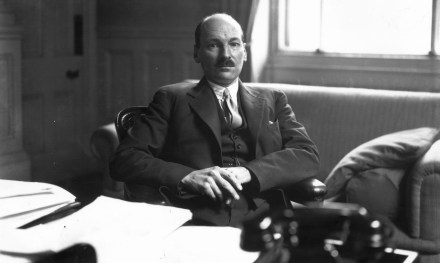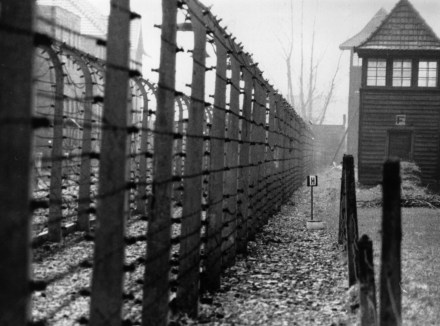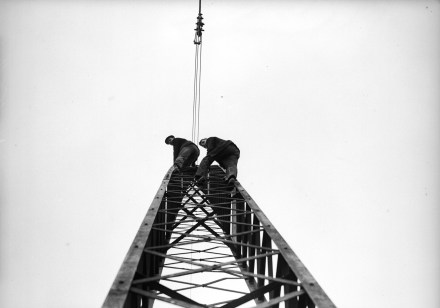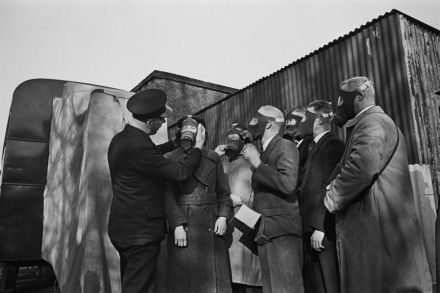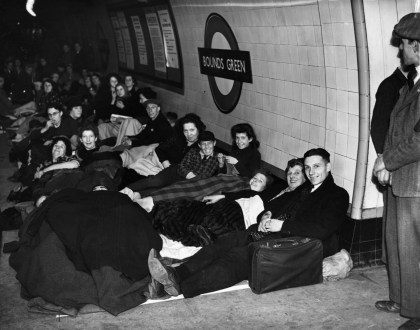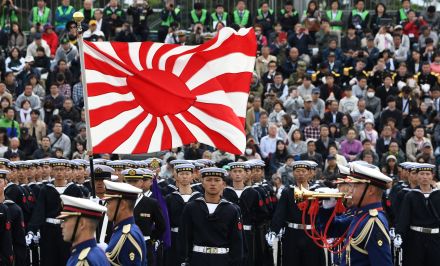Ian Buruma: Collaborators
49 min listen
My guest in this week’s Book Club podcast is the writer and editor Ian Buruma, to talk about his new book Collaborators: Three Stories of Deception and Survival in World War Two. A Chinese princess who climbed into bed with Japanese nationalist gangsters; an observant Jew who sold his co-religionists to the Nazis; and Himmler’s personal masseur. Ian describes how their stories link and resonate, and how murky morality gets in a time where truth loses its meaning altogether.
